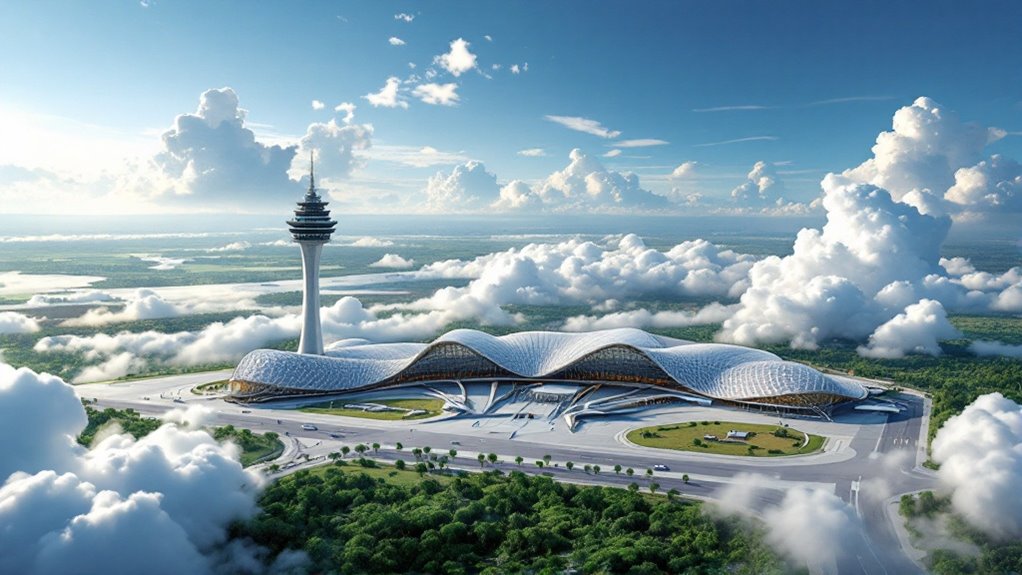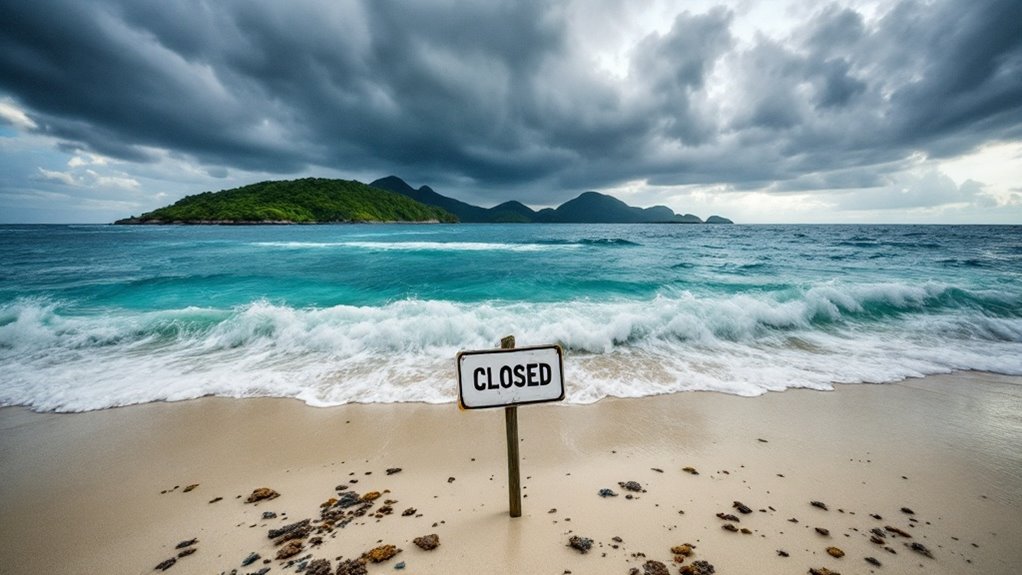Sun PhuQuoc Airways, supported by nearly US$100 million in capital and significant backing from Sun Group, is positioned to challenge Vietnam’s established island tourism giants. With inaugural flights planned for late 2025, a targeted operational focus on Phu Quoc Island, and an ambitious goal to build a fleet of 31 aircraft by 2030, SPA aims to boost competition, improve connectivity, and support the region’s tourism growth. Further insights reveal how this new entrant may reshape Vietnam’s aviation market.
A new chapter in Vietnam’s aviation and tourism sectors is unfolding with the establishment of Sun PhuQuoc Airways (SPA), a subsidiary of Sun Group, one of the country’s leading real estate and entertainment conglomerates. With approval from the Vietnamese government and a registered capital of approximately US$99 million, SPA plans to commence its inaugural flights in the fourth quarter of 2025. The airline is designed to operate both regular commercial and charter flights, specifically targeting Vietnam’s growing tourism and business travel markets. A significant aspect of SPA’s strategy is the ambition to build a fleet of 31 aircraft by 2030, positioning it as a substantial new entrant in the national aviation landscape. As record air capacity between Australia and Asia continues to expand, SPA’s entry is well-timed to capitalize on increased demand for connectivity in the region.
SPA’s primary operational focus centers on Phu Quoc Island, a major tourism destination in southern Vietnam. The airline aims to increase international arrivals and enhance connectivity for both local and international tourists. In addition to serving Phu Quoc, SPA is expected to operate routes linking other key Vietnamese tourism and economic centers, as well as select international destinations. This network expansion complements Sun Group’s existing investments in Phu Quoc’s hospitality sector and is projected to stimulate further tourism growth on the island by improving air access and diversifying travel options. The approval of Sun PhuQuoc Airways will increase the total number of airlines in Vietnam to six, marking a new era of competition in the aviation market.
With a focus on Phu Quoc, SPA aims to boost international arrivals and connect key tourism and business hubs across Vietnam.
The Vietnamese aviation market is currently characterized by the presence of established players such as Vietnam Airlines and Vietjet, along with smaller competitors like Bamboo Airways and Vietravel Airlines. These carriers are maneuvering a challenging recovery from the COVID-19 pandemic, facing issues such as financial instability, lease disputes, and the need for government support.
The entry of SPA introduces additional competition, which could intensify rivalry for market share on both domestic and international routes, especially given SPA’s plans for rapid operational scaling and charter flight offerings.
Sun Group’s investment in SPA is part of a broader strategy to expand its influence in the tourism and aviation sectors. By leveraging its experience with Sun Air, a private jet service, and committing nearly US$100 million to SPA, Sun Group signals a long-term commitment to becoming a major player in Vietnam’s evolving travel market.







